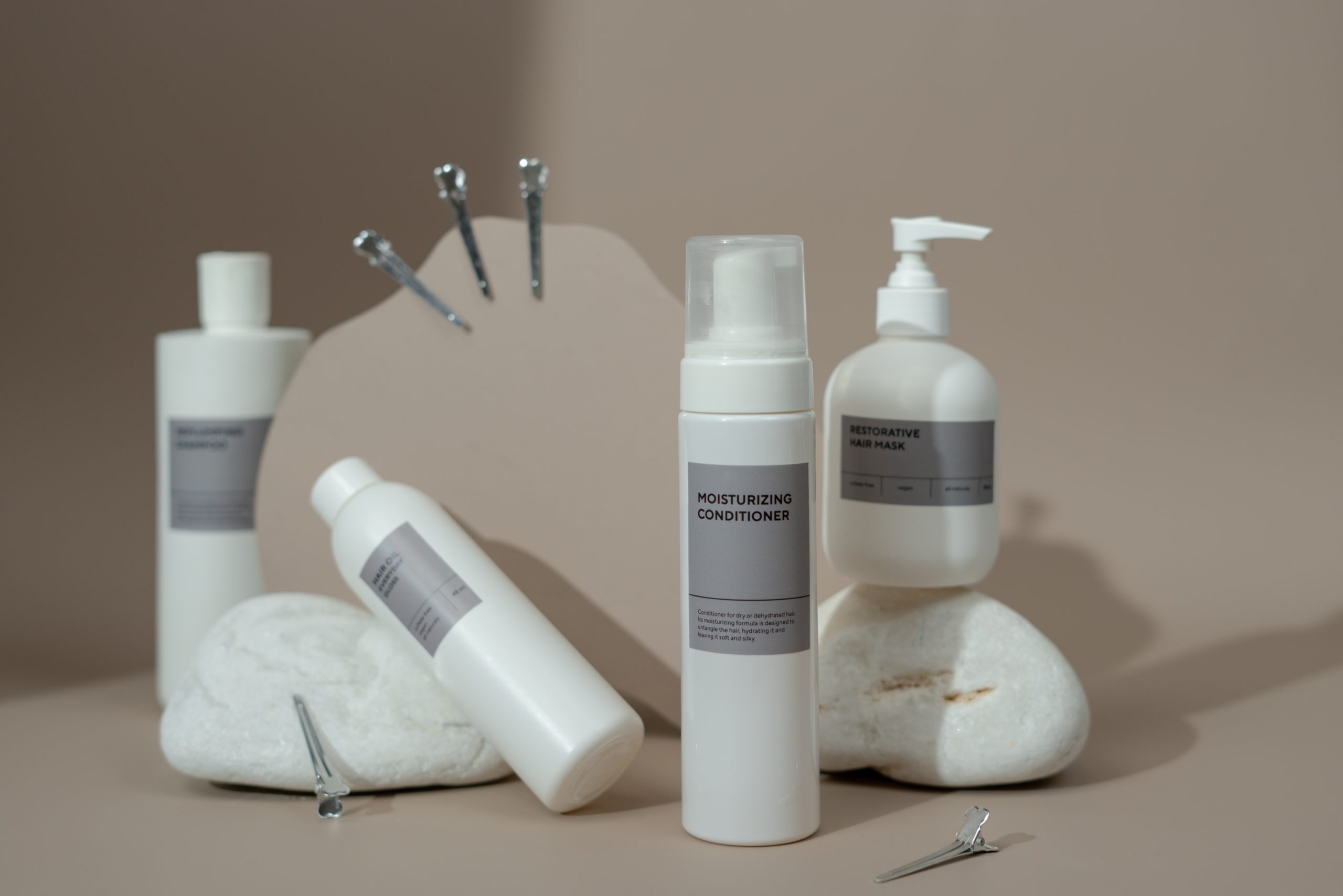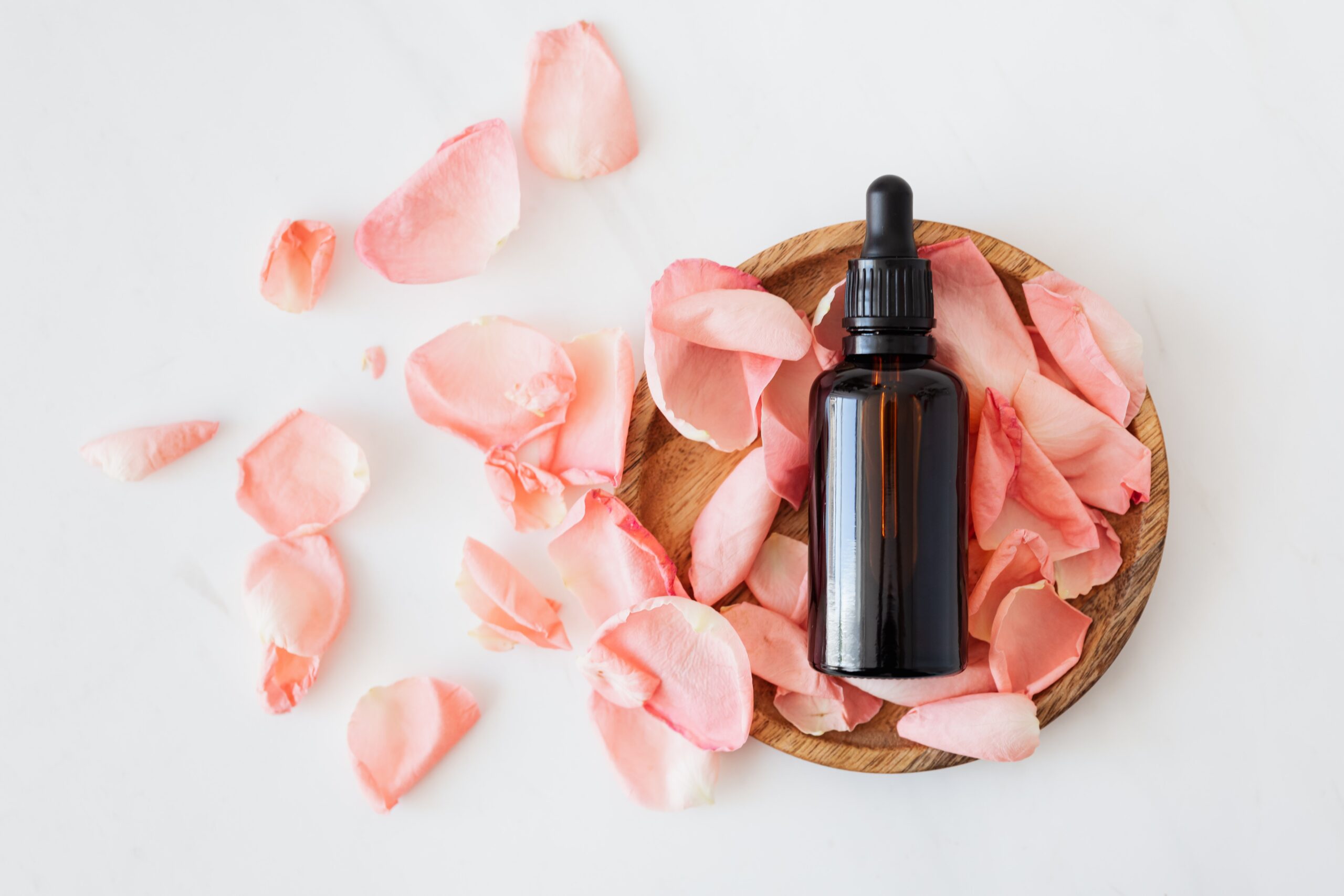Shampoo Makes You Fat: Science vs. Clickbait Journalism
Share

Welcome to the world of clickbaits! In the beauty world, false claims are an infodemic – one made worse by clickbait-y, misleading titles. Nowadays, more and more websites are citing scientific studies and twisting the findings in whatever direction they want. Being constantly flooded with new information can make it hard for us to tell what’s fact vs. fiction, and this trend is only making it harder.
Fearmongering in the Beauty World
The most recent controversy is an article by The Daily Mail with the flashy headline “How your shampoo bottle could be making you FAT: scientists discover 11 chemicals in common plastics that contribute to weight gain.” At first glance, this news sounds alarming. But before we just to conclusions, let’s check out where The Daily Mail got their information from?
According to the study they cited, researchers from the Norwegian University of Science and Technology took a look at 34 different plastic products. The scientists examined shampoo bottles, reusable water bottles, yogurt cups, and many other everyday items. They found that some of the plastic products contained 11 chemicals that could contribute to weight gain.
There is one important thing to note: of the shampoo bottles that the scientists tested, not a single one had the chemicals that are being tied to disrupting fat metabolism! For an article talking about how shampoo bottles make you fat, you would think that the study cited would support that claim. It is especially odd that the article’s opening line reads: “It may sound like a bizarre way to gain weight, but a new study suggests that plastics in shampoo bottles could actually be making people fat.”
Sure, articles are free to have catchy titles to get people’s attention, but when articles don’t clear up their deceptive headline and end up spreading false information, then it becomes a problem. The article then tries to incite more fear by saying “being overweight also increases our susceptibility to various infections such as the effects of Covid.” There might be some element of truth to that statement merely from a factual perspective (obesity is a risk factor for many diseases), but making a ’cause and effect’ relationship between ‘shampoo and fat’ and extending it to susceptibility to Covid is troubling.

The way the article presents the study is quite misleading as well. The article eludes to plastic products disrupting fat cells, yet does not talk about what specific products the study mentioned. If you read the original study closely, you would see that plastic products such as shower slippers, floor coverings, and plastic placemats were found to contain the chemicals that allegedly cause weight gain.
The Daily Mail article also does not mention how these plastic products would get into our bodies in the first place and mess up our metabolism. Instead, the article just continuously insists that these products can make us fat. Interestingly, the word “shampoo” is mentioned in the article only 5 times, 2 of which are in the title.
The head of scientific services at the Cosmetic, Toiletry, and Perfume Association (CTPA), Caroline Rainsford, also chimed in on the conversation. On her blog, Rainsford writes how inaccurate it is to relate this study’s findings to real life. Research is not that simple, especially ones taking place in labs where the conditions are meticulously curated. As Rainsford writes “In short, if we were to consume a chemical or apply one to our skin, it’s far less straightforward for that chemical to reach our metabolic system than the fast-track route taken in the lab.” She then continues to urge consumers to ask their own questions and treat every article with a pinch of skepticism.
Bad Journalism AND Fatphobia
Also, let’s not ignore the language of the title. What’s wrong with being fat? Why did The Daily Mail use ‘fat’ as a way to incite fear in their audience? Fat is not a bad word, but in our society it has such a negative connotation. People make the word ‘fat’ almost a taboo to say. While The Daily Mail is definitely not the only company to use fatphobia to appeal to consumers, it still contributes to the mistreatment people face based on their weight.
Fatphobia can be detrimental to someone’s self-esteem. For an article to make such a misleading claim is not only bad journalism, but it’s harmful to readers who may be struggling with eating disorders and body dysmorphia. If they do not look closely at the original study cited, they might believe that shampoo bottles make you gain weight from the way the article talks about the research.
The beauty community is constantly inundating its members with claims, some of which are simply garbage. Provocative but true! Not every article has our best interest in mind. As we see with The Daily Mail article, some just want to cause hysteria. Unless you are eating your shampoo (in which case you would have bigger issues to worry about), no, shampoo doesn’t make you fat. So next time you see an article with a crazy title, just put your geek hat on and do some simple fact-checking! (Wink Wink…One way is to subscribe to our weekly newsletter which brings in interesting, science driven beauty and wellness content. www.foodforskin.org/subscribe )
References:
- C&T article. Latest Alarmist Farce: Shampoo Makes You Fat. Feb 4, 2022 [Link]
- CTPA UK article. Is your shampoo making you fat? … How can you be sure? Feb 4, 2022 [Link]
- DailyMail UK article – How your shampoo bottle could be making you FAT: scientists discover 11 chemicals in common plastics that contribute to weight gain. Jan 26, 2022 [Link]
- Volker et al. Adipogenic Activity of Chemicals Used in Plastic Consumer Products. Environ. Sci. Technol. 2022, 56, 4, 2487–2496 [Link]
If you enjoyed our content, please share, comment, like, and follow us on your favorite platforms!
.
.







